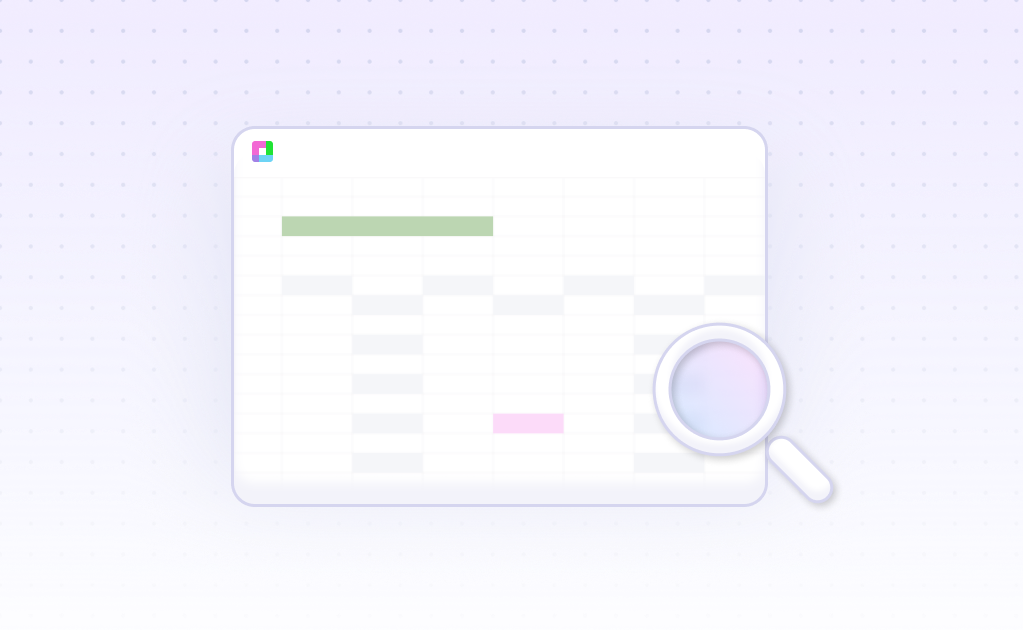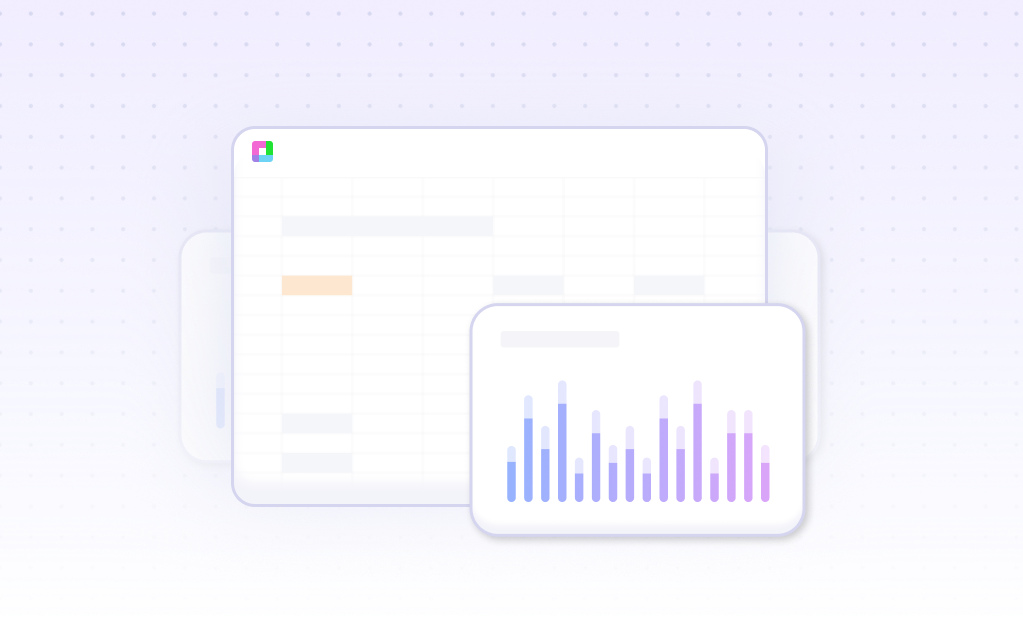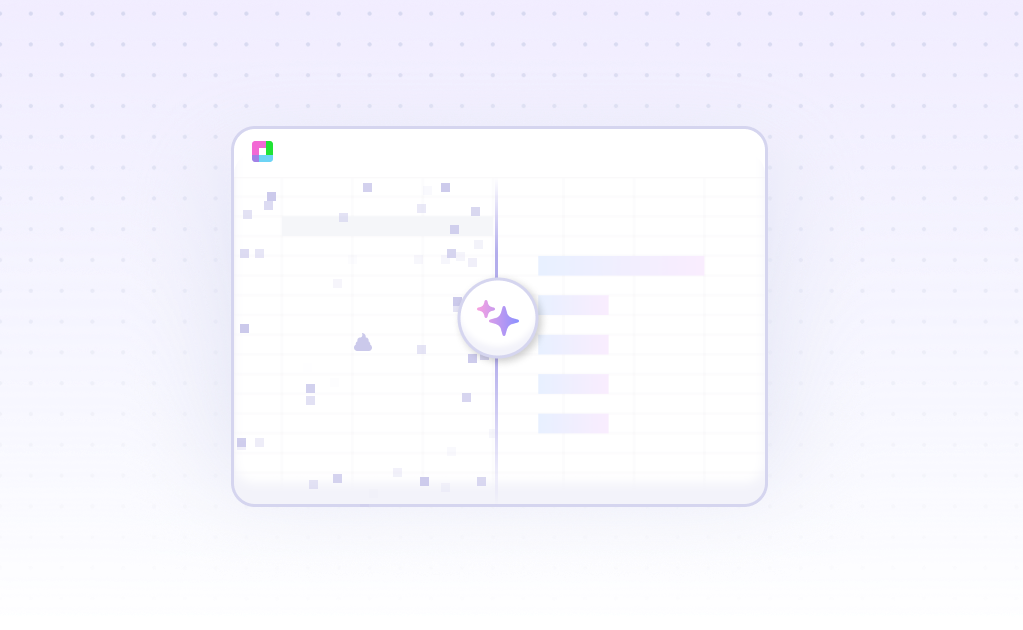
Introduction
Ethical analysis methods like utilitarianism, cost/benefit analysis, and the Rights and Virtue lenses help evaluate complex decisions. Traditional spreadsheet tools like Excel enable data-driven ethical analysis while maintaining analytical integrity and appropriate handling of sensitive information. For a more efficient approach, Sourcetable offers AI-powered automation of spreadsheet tasks, formula generation, and advanced data analysis through SQL and Python integration. This AI-driven platform streamlines ethical analysis with automated chart generation, data cleaning, and voice interaction capabilities.
Discover how to perform ethical analysis using Sourcetable's AI features at sourcetable.com/signup.
Why Sourcetable Is Superior for Ethical Analysis
Ethical decision-making models help professionals navigate complex dilemmas by analyzing contextual variables and guiding systematic problem-solving. Traditional Excel analysis requires manual creation of source tables and pivot tables, making ethical analysis time-consuming and prone to error.
Sourcetable's AI-powered interface enables natural language interaction with your data, eliminating the need for complex formulas or manual table structuring. This allows professionals to focus on gathering contextually relevant information and weighing critical factors rather than spreadsheet mechanics.
Enhanced Decision-Making Capabilities
Sourcetable streamlines the five key components of ethical analysis: information gathering, weighing and ranking data, analyzing findings, implementing decisions, and evaluating outcomes. Its AI capabilities automate data visualization and reporting, enabling clearer understanding of ethical considerations across interdisciplinary teams.
While Excel requires manual creation of summary tables and visualizations, Sourcetable automatically generates insights from your ethical analysis data. This automation improves collaboration and helps professionals from medicine, psychology, and other fields make better evidence-based decisions.
Cultural Responsiveness and Collaboration
Sourcetable's natural language processing facilitates better analysis of cultural variables in ethical decision-making. Its automated reporting and visualization features enhance interdisciplinary collaboration by making complex ethical analyses more accessible and understandable across teams.
Benefits of Ethical Analysis with Sourcetable vs Excel
Ethical analysis helps determine appropriate actions and understand ethical behavior. When conducting this analysis with data, AI-powered tools like Sourcetable offer significant advantages over traditional spreadsheets.
Why Choose Sourcetable for Ethical Data Analysis
Sourcetable's AI capabilities automatically handle tedious tasks, analyze large datasets, and identify patterns that support ethical decision-making. The platform can categorize data, fill gaps, and generate predictive models, enabling deeper ethical insights.
Data Organization and Visualization
While Excel relies on structured source tables and pivot tables for data presentation, Sourcetable's natural language processing streamlines this process. Its AI-powered visualization tools transform complex ethical data into clear reports and actionable insights.
Predictive Capabilities
Sourcetable's AI analyzes historical data to predict future trends and provide data-driven recommendations, enhancing the ethical analysis process beyond Excel's basic capabilities.
Ethical Analysis Examples Using Sourcetable AI Spreadsheets
Sourcetable, an AI-powered spreadsheet platform, enables comprehensive ethical analysis across multiple dimensions through its data analysis and visualization capabilities.
Sentiment and Bias Analysis
Using Sourcetable's AI assistant and data visualization tools, organizations can analyze sentiment patterns and examine potential gender and race bias in automated systems. The platform's real-time collaboration features allow teams to jointly review ethical implications of automated emotion recognition systems.
Data Management Ethics
Sourcetable supports analysis of the Five Pillars of Ethical Data Management: Consent and Transparency, Fairness, Beneficence, Integrity, and Stewardship. Teams can import CSV files containing compliance data and create dashboards to monitor adherence to these ethical principles.
AI System Assessment
The platform's analytical capabilities enable evaluation of AI systems for potential biases in applications like machine translation, personality assessment, and information extraction. Sourcetable's visualization options help identify and document ethical concerns in automated systems.
Ethical Analysis Use Cases for Sourcetable
Corporate Ethics Compliance |
Generate automated reports analyzing corporate decisions against ethical guidelines using AI-powered data analysis and custom templates. Track compliance metrics through automated charts and insights generation. |
Legal Ethics Assessment |
Create comprehensive ethical analysis frameworks for legal decisions using SQL queries and automated data processing. Convert case documentation to structured tables for systematic ethical evaluation. |
Bias Detection in AI Development |
Implement automated ethical guideline checking through custom formulas and regex expressions. Generate reports highlighting potential biases in AI training data and development processes. |
Risk Mitigation Analysis |
Develop automated risk assessment templates incorporating ethical guidelines. Generate visual representations of risk factors through AI-powered charts and automated reporting systems. |
Frequently Asked Questions
What is ethical analysis in Sourcetable and why is it important?
Ethical analysis in Sourcetable is examining data and software usage through ethical frameworks like utilitarianism, rights, and fairness. It's important because it helps businesses build trust with customers, boost competitive advantage, and mitigate legal risks when collecting and analyzing data.
How can I balance automation and ethics when using Sourcetable for data analysis?
Focus on using AI capabilities to streamline coding and data analysis tasks while maintaining human oversight of the analysis process. This allows more time for critical thinking about ethical implications while avoiding over-reliance on automated tools.
What ethical considerations should I keep in mind when sharing analysis in Sourcetable?
Consider fairness in data distribution, respect intellectual property rights, and ensure your analysis serves the common good. While sharing knowledge can be valuable, it's important to balance openness with appropriate restrictions on sensitive data and analysis.
Conclusion
Ethical data analysis requires careful consideration of sensitive data handling, faithful representation of results, and justified conclusions. While Excel provides traditional tools for this analysis, Sourcetable offers AI-powered automation that streamlines the process. Its automatic formula generation for functions like SUM and VLOOKUP, combined with SQL and Python integration, enables thorough data examination while maintaining analytical integrity.
However, responsible use of AI tools demands critical evaluation of generated content and verification of results. Sourcetable's automated data cleaning and visualization capabilities can enhance analysis quality, but analysts must still ensure conclusions align with ethical guidelines. To explore how Sourcetable can support your ethical analysis needs, visit sourcetable.com/signup.
Recommended Analysis Guides
Connect your most-used data sources and tools to Sourcetable for seamless analysis.
Frequently Asked Questions
If your question is not covered here, you can contact our team.
Contact Us




